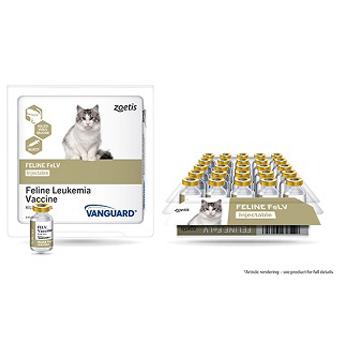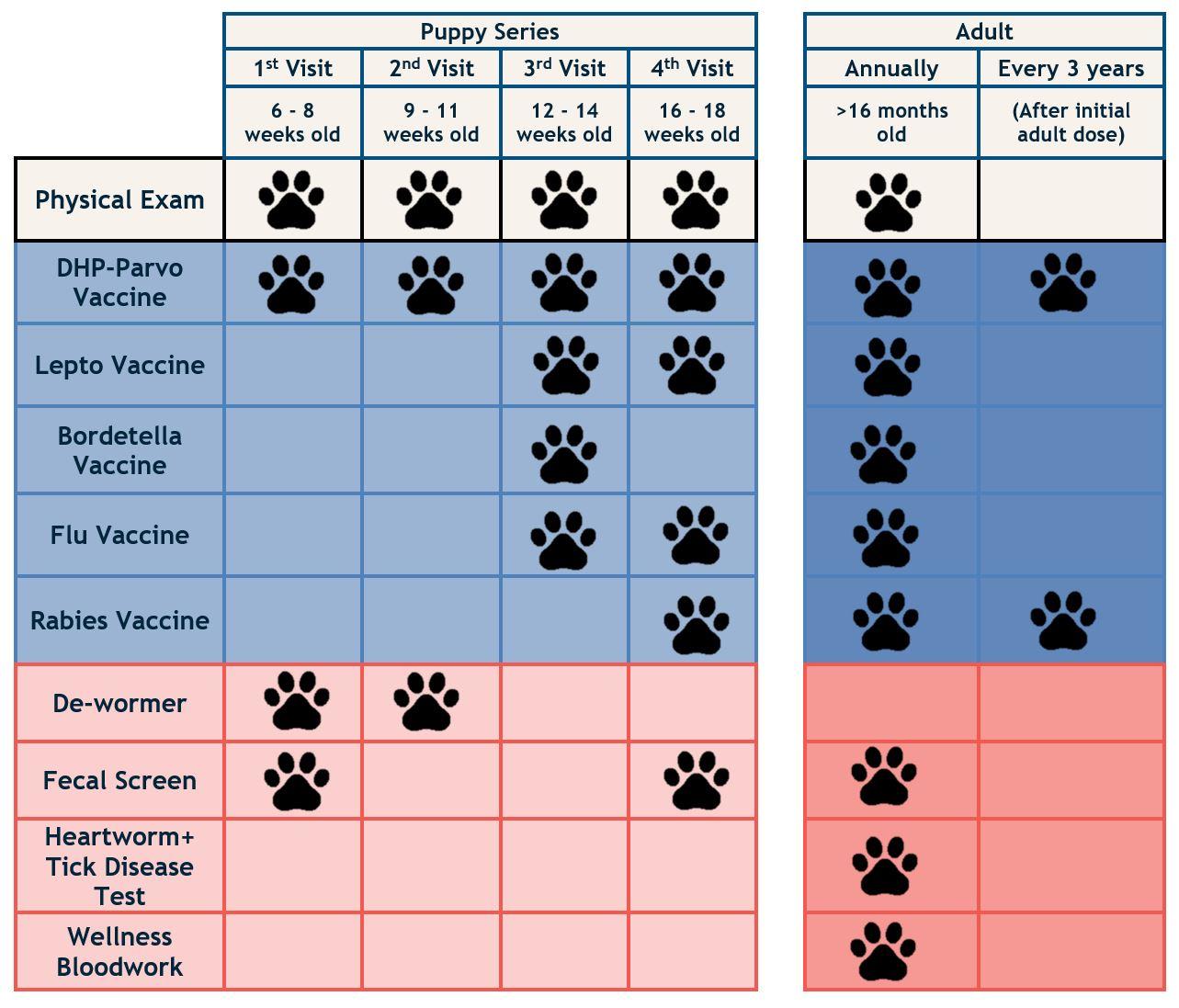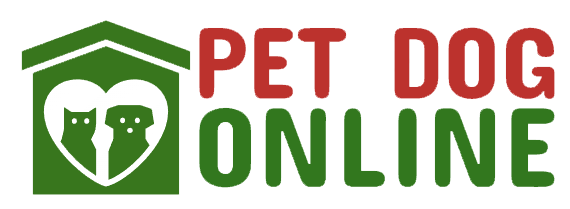Vaccinating Our Companions: The Next Frontier for Pets
In a world where vaccines have become a cornerstone of public health, safeguarding our beloved companions represents an equally pressing frontier. Just as we have championed immunization for ourselves, an emerging movement is advocating for the protection of our pets through vaccination. As our furry friends navigate life alongside us—sharing our homes,our adventures,and even our health challenges—the importance of their well-being cannot be overstated. This article embarks on a journey into the evolving landscape of pet vaccinations, exploring the rationale behind immunizations, the latest advancements in veterinary science, and the vital role pet owners play in championing their companions’ health. Join us as we delve into this crucial subject,illuminating how the next frontier of pet care may very well lie in our shared commitment to vaccination.
Table of Contents
- Exploring the Importance of Vaccination in Pet Health
- Innovative Vaccines on the Horizon for Feline and Canine Companions
- Navigating the Challenges of Vaccination Uptake Among Pet Owners
- Creating a Comprehensive Vaccine Schedule Tailored to Your Pet’s Needs
- To Wrap It Up

Exploring the Importance of Vaccination in Pet Health
Vaccination serves as a critical line of defense for our pets, safeguarding them against a myriad of infectious diseases that can lead to lifelong health issues or even death. Unlike humans, pets cannot communicate their discomfort or symptoms effectively, making preventive measures essential. The benefits of vaccinating our pets extend beyond individual health; they contribute to community well-being by minimizing the prevalence of communicable diseases. Some key advantages of vaccination include:
- Prevention of Life-Threatening Conditions: Vaccines protect against diseases such as rabies, parvovirus, and distemper.
- Herd Immunity: A vaccinated population helps shield unvaccinated pets and vulnerable species.
- Cost-Effective Healthcare: Preventive measures reduce long-term veterinary costs associated with treating serious diseases.
As we delve deeper into pet healthcare, understanding the nuances of vaccination schedules is paramount. Each pet may have unique needs based on factors such as age, lifestyle, and health status. A tailored vaccination plan not only optimizes the effectiveness of the vaccines but also ensures a harmonious relationship between pets and their environments. The following table highlights common vaccinations and their recommended age of administration:
| Vaccination | Recommended Age |
|---|---|
| Canine Parvovirus | 6-8 weeks |
| Distemper | 6-8 weeks |
| Rabies | 12-16 weeks |
| Feline Calicivirus | 6-8 weeks |
| Feline Leukemia | 12 weeks |

Innovative Vaccines on the Horizon for Feline and Canine Companions
As advancements in veterinary science continue to evolve, the landscape of vaccine progress for our beloved cats and dogs is becoming increasingly exciting.Researchers are working tirelessly to create innovative vaccines that address not only common illnesses but also emerging infectious diseases. These pioneering solutions aim to enhance immune responses and provide better protection with fewer side effects. Novel mRNA technology, already accomplished in human medicine, is being tailored for pets, offering the potential for targeted immunity against specific pathogens. Additionally, therapeutic vaccines are in the pipeline, designed to treat existing conditions such as cancer, providing hope for battling ailments that were once deemed untreatable.
To keep pet owners informed, new vaccines are poised to come to market within the next few years. Some exciting developments include:
- Combination vaccines that reduce the number of shots needed.
- Long-lasting vaccines that provide extended immunity, minimizing the frequency of booster shots.
- Vaccines targeting zoonotic diseases that can be transmitted from pets to humans.
| Vaccine Type | Target Disease | Expected Launch |
|---|---|---|
| mRNA Vaccine | Canine Parvovirus | 2024 |
| Therapeutic Vaccine | Feline Cancer | 2025 |
| Combination Vaccine | Canine Distemper & Parvovirus | 2023 |

Navigating the Challenges of Vaccination Uptake Among pet Owners
As pet owners navigate the myriad options available for vaccinating their furry companions, several common challenges arise that can hinder the decision-making process. Understanding the importance of veterinary guidance is crucial, yet many owners find themselves overwhelmed by conflicting data from various sources. Misunderstandings about the necessity and potential side effects of vaccines can lead to hesitance in scheduling appointments. Additionally, the financial implications of routine vaccinations often contribute to a reluctance to prioritize these essential health measures. To address these issues, it is vital for veterinarians and community organizations to offer clear, accessible dialog that highlights the benefits of vaccinations and demystifies the process.
The role of social stigma surrounding vaccines also plays a significant part in shaping pet owners’ attitudes. Many owners may fear judgment or criticism from their peers, especially in communities where option views on pet health prevail. This phenomenon creates a cycle of misinformation that perpetuates vaccine hesitancy.To combat this,fostering a culture of openness and support within local pet owner groups can be invaluable.Engaging pet owners through events,seminars,and informative content can shift perceptions and encourage proactive health practices. Ultimately, emphasizing a shared commitment to animal welfare can unite owners in their collective goal of ensuring that their beloved pets receive the optimal care they deserve.
| common challenges | Suggested Solutions |
|---|---|
| Conflicting Information | Provide trustworthy resources from veterinarians. |
| Financial Concerns | Offer vaccine clinics with reduced fees. |
| Social Stigma | Create supportive community networks. |

Creating a Comprehensive Vaccine Schedule Tailored to Your Pet’s Needs
Every pet is unique, and their vaccination needs may vary substantially based on factors such as age, breed, health status, and lifestyle.To create a flexible vaccination schedule that best supports your furry friend, it’s essential to conduct a thorough evaluation of these factors. Your veterinarian can definitely help determine the right vaccines and the optimal timing for each based on individual circumstances. A tailored approach ensures that your pet is not only protected from harmful diseases but also minimizes the risk of unneeded side effects from over-vaccination.
In addition to discussing core vaccinations, it’s vital to consider lifestyle vaccines that cater to the specific environments and activities your pet engages in. Some crucial discussions may include:
- Geographical factors: Certain diseases are more prevalent in specific regions.
- Aging factors: Older pets might require different vaccines compared to younger ones.
- Health considerations: Pets with existing medical conditions may need tailored schedules.
- Behavioral factors: Pets that socialize frequently may require additional vaccinations.
To keep track of your pet’s vaccination status, consider maintaining a simple table that summarizes important dates and vaccine types:
| Vaccine Type | Administered Date | Next Due Date |
|---|---|---|
| Rabies | 01/15/2023 | 01/15/2026 |
| DHP | 01/15/2023 | 01/15/2025 |
| Leptospirosis | 01/15/2023 | 01/15/2025 |
To Wrap It Up
As we stand at the precipice of a new era in veterinary medicine, the dialogue surrounding pet vaccination is more crucial than ever.Our companions, so often regarded as family, rely on us to advocate for their health, yet the narrative is complex, filled with both promise and challenges. The next frontier for pet vaccination not only encompasses the science behind immunization but also encourages us to consider the ethical, social, and ecological implications of our choices.
As we move forward, it is indeed vital to stay informed, engage in conversations with veterinary professionals, and recognize the power we hold in shaping the future of animal health. Ensuring our pets receive the appropriate vaccinations is not just a responsible choice; it is an act of love that echoes across the lifespan of our furry companions.
Let us embrace the evolving landscape of veterinary science with open hearts and minds, forging a path toward a healthier future for all pets.After all, in the journey of life shared with our beloved animals, every step toward better care counts.




